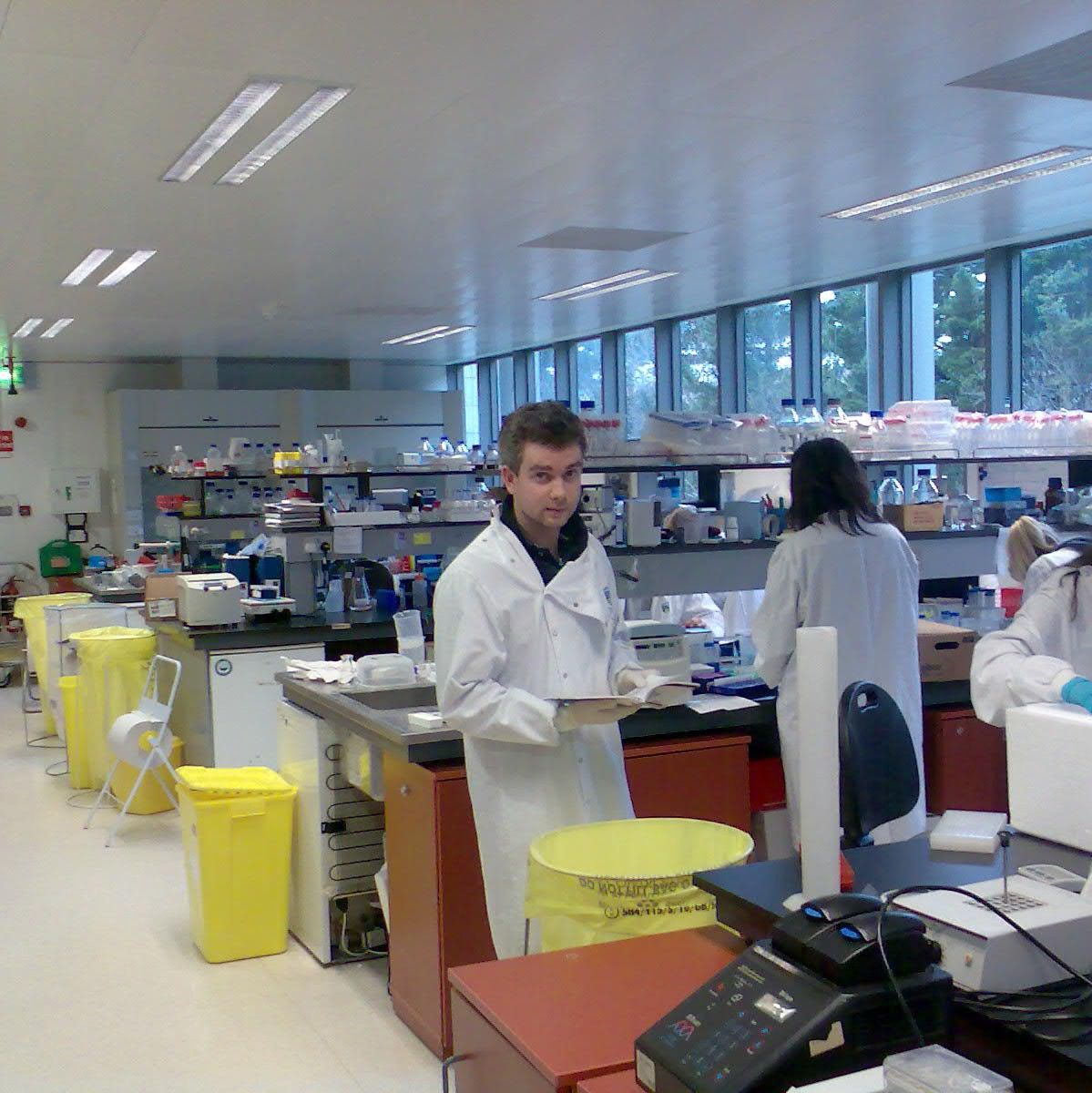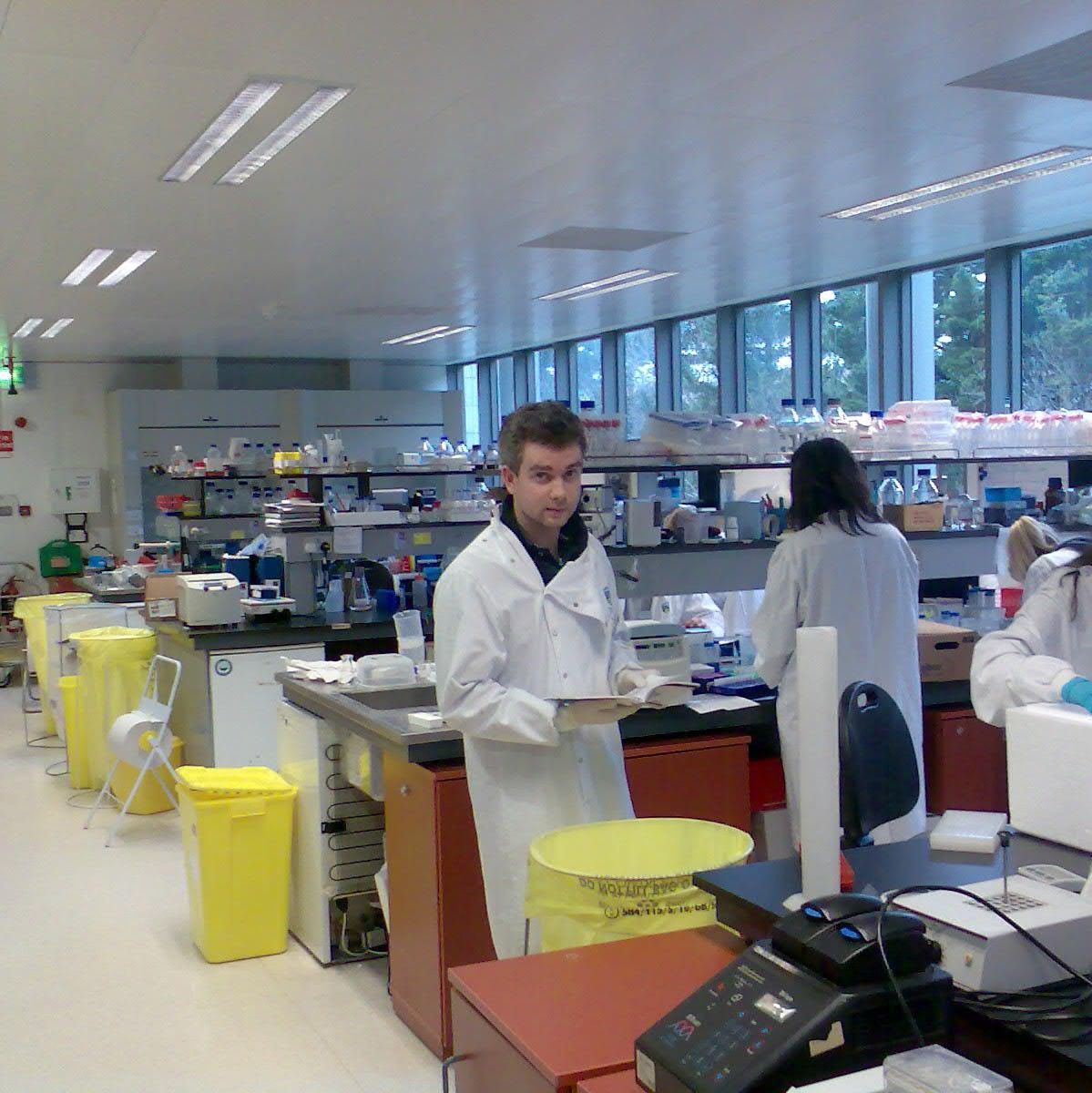
Six Lessons I Learned Finishing A PhD
Wrapping up a life sciences PhD is no joke; it commits you to an all-or-nothing minimum four years with little income and tough hours in the lab. When you’re deep in the middle of a PhD program, it can be hard to appreciate the transferable skills and experience you’re picking up almost every day.
Although it’s been nearly seven years since I’ve finished my PhD, many of those lessons have stuck with me. During the time I spent in the lab, I learnt a lot of technical things and became an expert in my domain; more useful were the lessons I learned by persevering with the program and seeing it through to the end. Here are six lessons that have helped me in my career since I graduated.

1. Wasting Time is the Easiest Thing To Do
I wasted a lot of time early on in my PhD, mostly through sheer ignorance and inefficiency. This came back to bite me when I had to really pick up the pace to get a decent body of research together in time to submit my thesis. I think most PhD graduates would agree with me when I say I could probably do the degree again now in half the time. When I left academia, I took this lesson with me and it helped me hit the ground running from day one whenever I took on a new role.
2. Failure Is Neither Good nor Bad; What You Do With It Is What Matters
Experiments don't give you the results you expect, cells die, equipment breaks, stuff gets dropped; you have to get used to failure if you take on a PhD. You can spend months on something only for it to go wrong at the last minute, and have to start again with no guarantee it will work the second (or third or fourth) time around. Dealing with and accepting things don’t always work out, and trying to calmly figure out why, is a great skill I learned during my PhD.
3. Differentiate The Process From The Goal
It was easy to get obsessed in the early days of my research with mastering a basic technique or getting a piece of equipment working. It quickly became evident that this wasn’t enough to get me through; these were just tools, and I had to start thinking more deeply about why I was using a certain technique and what I wanted to achieve with the results. Once I mastered how to do a certain thing, I could start looking at the bigger picture and make real progress. This helped me keep focused on important goals later in life.
4. No One Is Always Right. No One Is Always Wrong.
I got a lot of advice from a lot of people throughout. Some of it was technical advice; how to do a certain thing in the lab, such as stop my precious cells from dying. Some of it was more general advice about how to get through the whole ordeal in one piece. What I realised was, even if someone gave me great advice before, they had the potential to be very wrong about something too. Similarly, someone who gave terrible advice in the past could be a lifesaver on a particular topic when I needed it most. Taking each piece of advice on its own merits was a valuable lesson.
5. Network Like Crazy
The number of things you need to figure out and get done over the course of a life sciences PhD is enormous. You will save a ton of time by just finding the person who has already figured it out, and learn from them. I discovered the power of networking, and of giving back by sharing my skills too. It’s not just about skills and techniques either; getting to know the people who own the schedules for important pieces of equipment, or the people that organise social events, is equally important for getting through the program whilst maintaining your sanity.
6. All Things End
The first two years of my PhD involved lots of early mornings at a research center in a hospital, centrifuging endless biological samples and dealing with difficult volunteers. It was monotonous, unrewarding work. I was often on my own in the lab for hours on end; it wasn’t a lot of fun. One day, just like that, we were done; we had what we needed and we could move on to the next stage of the project. All things end. Everything, really, is just a phase.
-- Colm
Q* - Qstar.ai Newsletter
Join the newsletter to receive the latest updates in your inbox.

